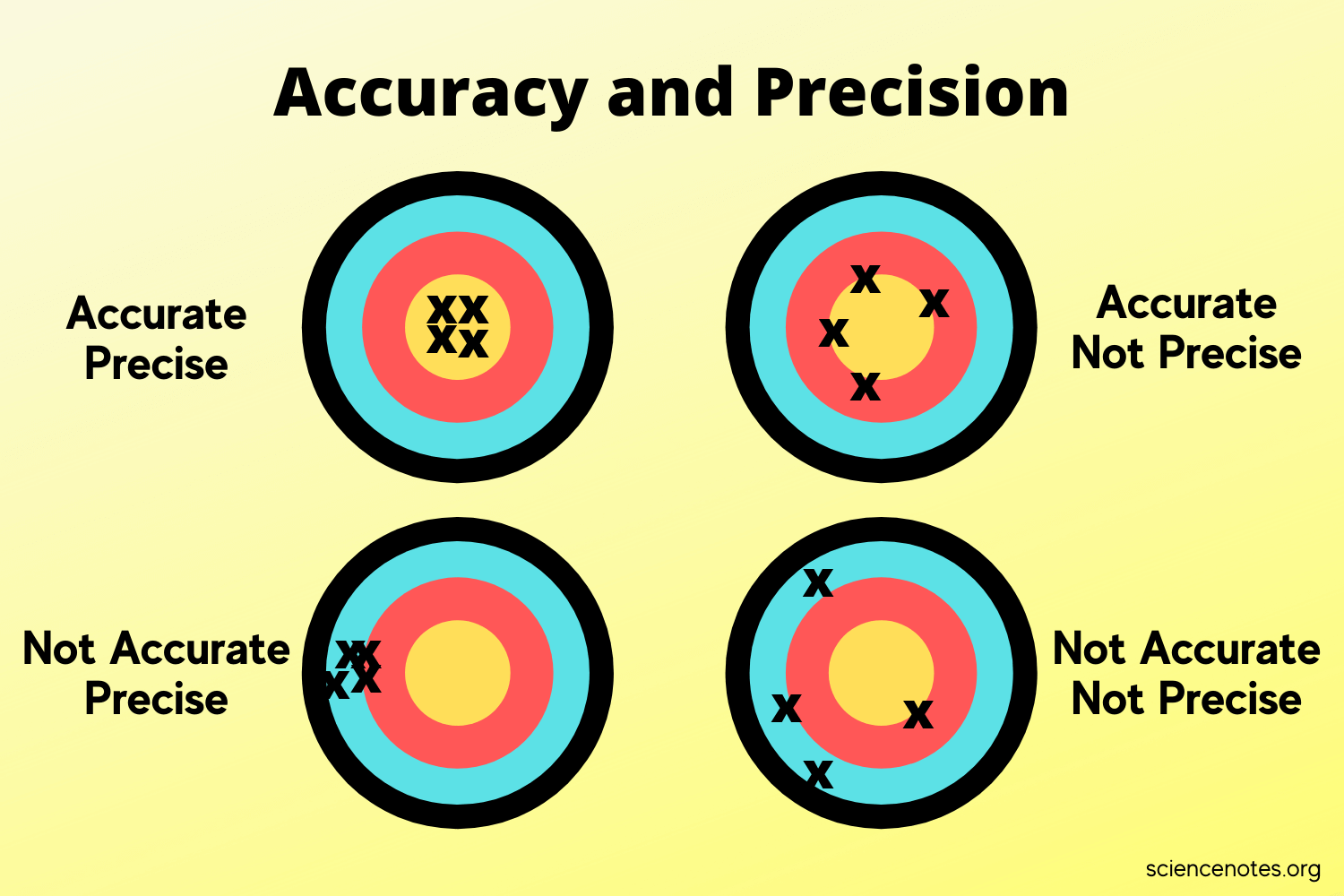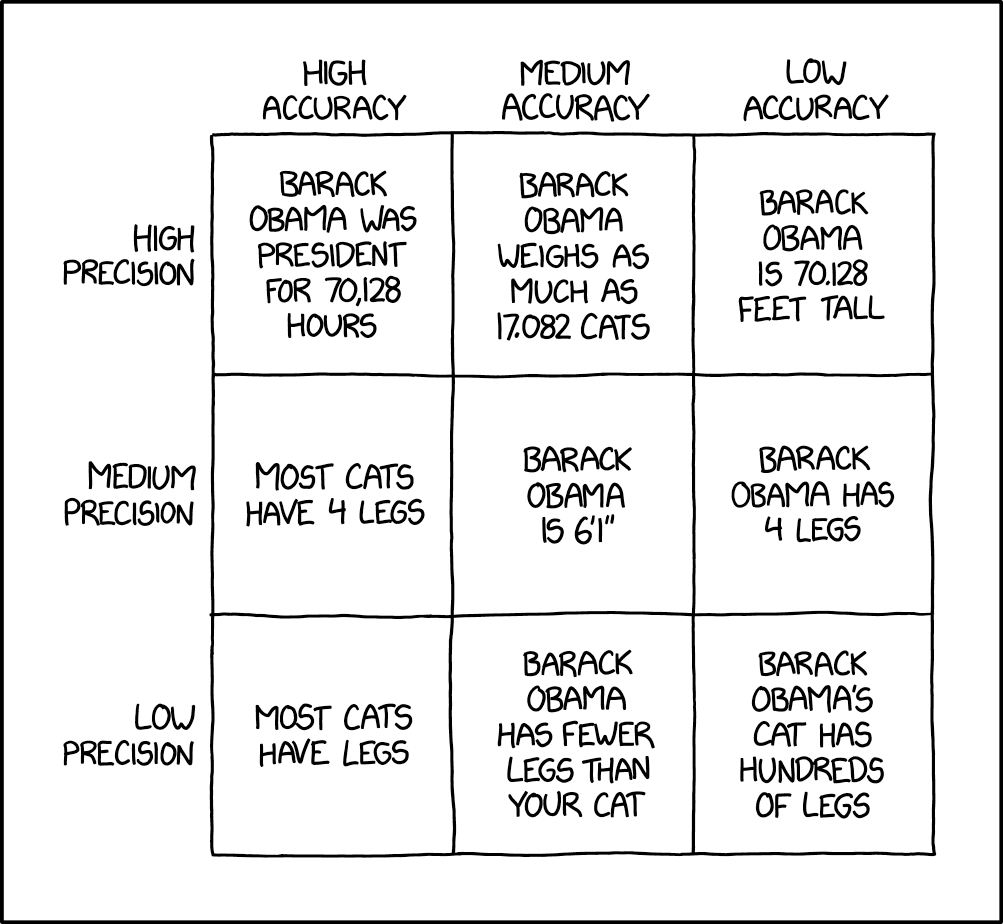Let me apologize in advance for getting on my soap box.
I often see posts on HBT that give me the impression that the difference between precision and accuracy isn't clearly understood. With instruments, precision often refers to how many digits to the right of the decimal point can be displayed. Note that this isn't the true definition of precision, but that's a conversation for another day. Accuracy tells you how close a measurement comes to the true value of what is being measured. For this application accuracy is really more important than precision and precision should always be equal to or less than accuracy in well designed instruments. For this application, a scale with an accuracy of 0.01 grams and a precision equal to or less than that would be very nice.
In an attempt to add some value to Closet Fermenter's buying decision, the Smart Weight scale linked to by day_trippr has a precision of 0.01 grams and list a "readout accuracy of 0.01 Grams" as well. This scale comes from a Chinese company, which I don't have issues with, other than the potential language barrier in communication of specifications in the product listing on Amazon. I am guessing that what is listed as readout accuracy is really precision and an accuracy specification isn't provided. I am not saying this is a bad scale or that it isn't appropriate for this application. I am saying that we don't know if it is or isn't and that there are specification deficiencies in the product listing and that without knowing the accuracy, you don't know what you are getting or paying for.
Rant over.






























![Craft A Brew - Safale S-04 Dry Yeast - Fermentis - English Ale Dry Yeast - For English and American Ales and Hard Apple Ciders - Ingredients for Home Brewing - Beer Making Supplies - [1 Pack]](https://m.media-amazon.com/images/I/41fVGNh6JfL._SL500_.jpg)




























